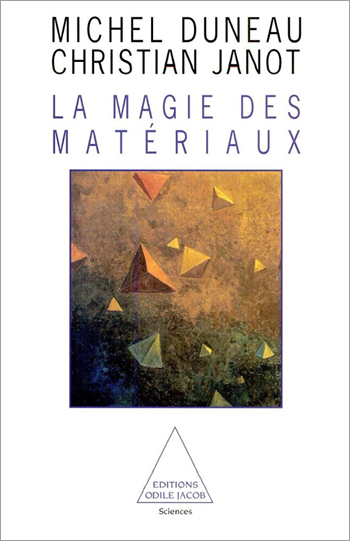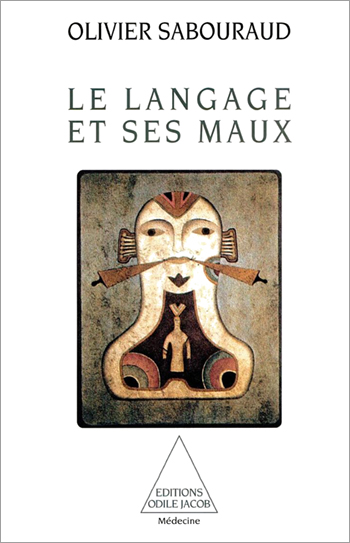Science All books
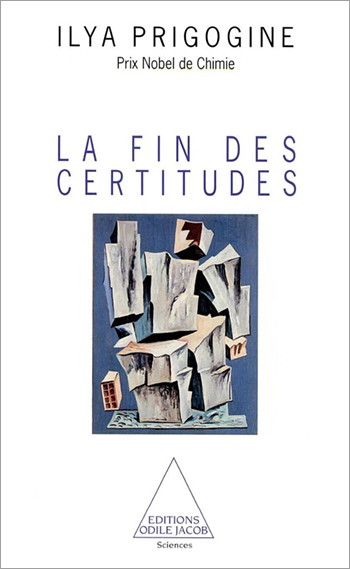
Ilya Prigogine
The End of Certainties
As we come to the end of the century, the question of the future of science is often posed. I believe we are just at the beginning of a new endeavour. We are witnessing the development of a science which is no longer limited to simplified, idealised situations, but makes us face the complexity of the real world. This new science will allow human creativity to be experienced as the unique expression of a fundamental trait common to all aspects of nature. Ive tried to present this conceptual transformation, which implies the beginning of a new chapter in the fruitful relations between physics and mathematics, in a manner that will be comprehensible and accessible to all readers interested in the evolution of our ideas of nature. We are but at the threshold of a new chapter in the history of our dialogue with nature, writes Ilya Prigogine. Ilya Prigogine, winner of the Nobel Prize for Chemistry, teaches at the Free University of Brussels and at the University of Texas, in Austin.
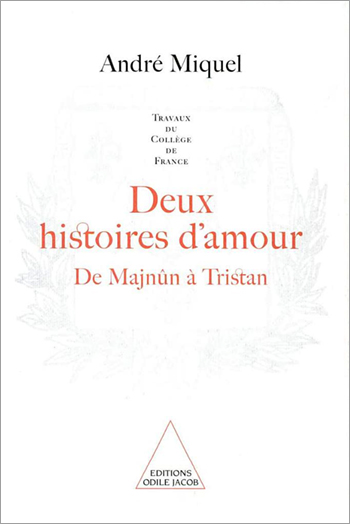
André Miquel
Two Stories of Love (Work of the Collège de France) From Majnûn to Tristan
How does absolute passion express itself in Middle-Eastern and in Western societies?
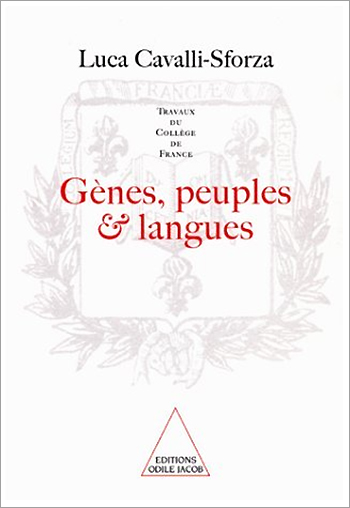
Luca Cavalli-Sforza
Genes, People and Languages (Work of the Collège de France)
How is culture passed on ? Is it possible to reconstruct the history of the evolution of the human species using genetic information from existing populations ?
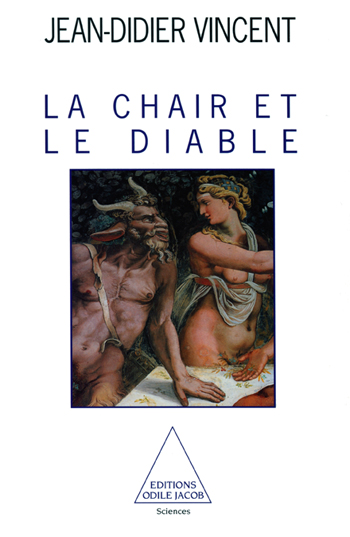
Jean-Didier Vincent
The Flesh and the Devil
"If I did not exist, nothing would exist, because there would be nothing to which oppose oneself", writes Fernando Pessoa in the devil's name. Is this the invention of a poet? Nothing is less sure. The scientist confirms the notion that life is born from the confrontation between molecules. J.D. Vincent invites us here to explore with him all the aspects, the ramifications, from animal life to the human brain, which are nurtured by this principle of opposition. The devil is constantly at work in the heart of the living, and neurobiologist Jean-Didier Vincent demonstrates this evidence with humor in his book, a continuation of the spirit present in his Biology of Passions.
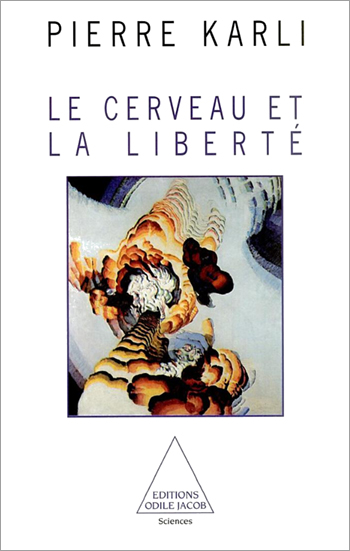
Pierre Karli
The Brain and Freedom
What is the relationship of man with the world, the others, with himself? To this perpetual question, many answers have been given by the various, religious or philosophical systems of thought. Pierre Karli, a neurophysiologist, proposes to look in the direction of science. He shows, by synthesizing the most advanced scientific works, how individual freedom finds its roots at the very heart of the brain.
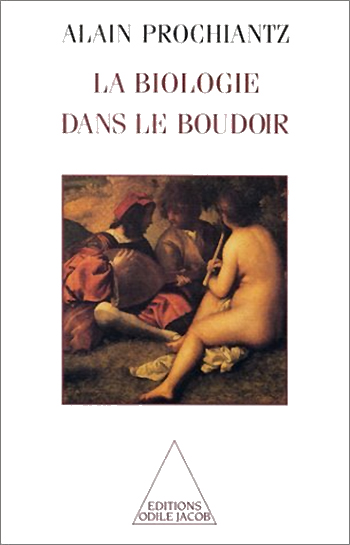
Alain Prochiantz
Biology in the Bedroom
Inspiring himself from La Philosophie dans le boudoir by Sade and the major philosophical works of the 18th century, Alain Prochiantz, who is a neurobiologist, explains by means of a dialogue, the progress of embryology and neurobiology and gives us the elements so that we can understand and measure the stakes of the recent discovery of the genes of development. Alain Prochiantz heads the Laboratory for the Development and Evolution of the Nervous System at the École normale supérieure. He is notably the author of Strategies of the Embryo, and Claude Bernard, the Physiological Revolution.
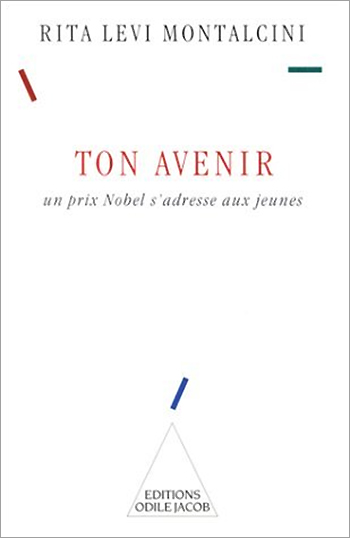
Rita Levi Montalcini
Your Future A Nobel Prize which speaks to young people
When a great scientist makes a point of getting through to young people and those around them.... When a Nobel prize brings within everyones reach all the key principles of biology.... When an exceptional woman passes down to new generations the values on which she has based her life.... Science with a conscience ! Rita Levi Montalcini recieved the Nobel Prize for Medicine. Born in Turin, but forced from Italy by the Fascism, she has for many years taught in the United States.

Antonio R. Damasio
Descartes' Error Emotion, Reason, and the Human Brain
Being rational is not denying oneself emotions. The brain which thinks, calculates, and makes decisions is not a different entity to the one which laughs, cries, loves, and experiences pleasure and annoyance. The heart has reasons that reason itself is far from being ignorant of. In opposition to the old Cartesian dualism and to all those who wish to reduce the functioning of the human mind to detached calculations worthy of a supercomputer stands the results of the latest neurological research : the absence of emotions and sentiments prevents us from being really rational. Antonio R. Damasio heads the department of neurology at the University of Iowa, in the United States, and teaches at the Institute of Biological Studies of La Jolla.

Dennis Shasha
Mathematical Mind Games and Enigmas I The Amazing Aventures of Dr. Ecco
Under the supervision of Dr Ecco, a modern Sherlock Homes who solves the most difficult, mystifying problems, its your turn to play! No prior knowledge is necessary-- a paper and pencil will suffice. And, of course, some common sense! A researcher in computer science and artificial intelligence, professor Dennis Shasha teaches at the Mathematics Institute at the University of New York.

Jean-Didier Vincent
The Biology of Passions (New Edition)
"A fascinating book, which demonstrates that the ensemble of the brain, neurons, and synapses is literally immersed in a chemical sea. We must rid ourselves of the notion that the brain is a supercomputer." Le Figaro
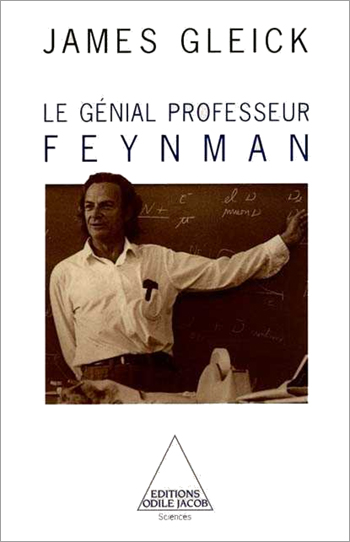
James Gleick
Genius: Richard Feynman and Modern Physics
Richard Feynman, Nobel Prize winner for his work on the description and calculation of interactions between particles, was a genius of our time. Quantum physics theoretician, enfant terrible of the Manhattan project and ascerbic critic of the investigative committee of the American space shuttle, Feynman left a profound impression on modern physics. James Gleick, a former journalist at The New York Times and author of the best-selling Chaos Theory, tells how Feynman's ideas were formed and how he reinvented particle physics. Through this portrait, Gleick explores the nature of genius itself and provides insight about the fascination that it engenders.

